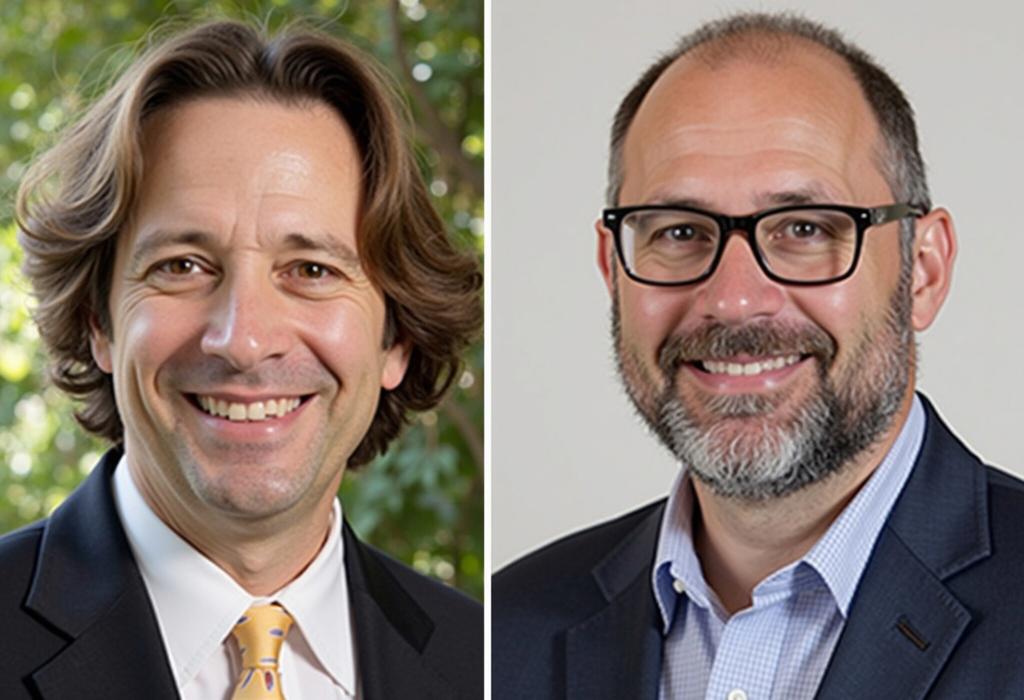In a remarkable achievement in the medical field, American neurologist Stephen Hauser and Italian epidemiologist Alberto Ascherio have been honored with the prestigious Breakthrough Prize, widely referred to as the 'Oscars of science.' Their groundbreaking research on multiple sclerosis (MS) has transformed the understanding and treatment of this complex neurodegenerative disease that affects millions worldwide. Hauser, whose work began 45 years ago due to a personal connection with a young patient, has been pivotal in demonstrating the role of B cells in MS, challenging prior assumptions that T cells were solely responsible for the disease. This determination led him and his team to secure backing from Genentech for clinical trials that resulted in dramatic improvements in treatment efficacy. Ascherio's complementary research uncovered a potential link between Epstein-Barr virus (EBV) and MS, presenting further avenues for investigation that could unlock cures not only for MS but possibly other neurodegenerative diseases like Alzheimer's and ALS. Their collaborative efforts signify a profound shift in the understanding of immunological responses in debilitating conditions, and their work fuels the hope for future preventive measures and more effective treatments for diseases traditionally deemed incurable. The recognition from the Breakthrough Prize not only acknowledges their extraordinary contributions to science but also emphasizes the importance of perseverance in medical research amidst skepticism from funding bodies. This story highlights the power of dedicated researchers who are reshaping the medical narrative surrounding chronic diseases, paving the way for innovations that could ultimately save lives.
AD
AD
AD
AD
Bias Analysis
Bias Score:
15/100
Neutral
Biased
This news has been analyzed from 23 different sources.
Bias Assessment: The news article presents factual details about the achievements of Hauser and Ascherio without sensationalizing or skewing their contributions. The piece emphasizes the importance of their work and the scientific process, maintaining neutrality in reporting. However, it does lean slightly towards commendation of their successes and human stories, which can introduce a minor positive bias in the portrayal of their achievements.
Key Questions About This Article




